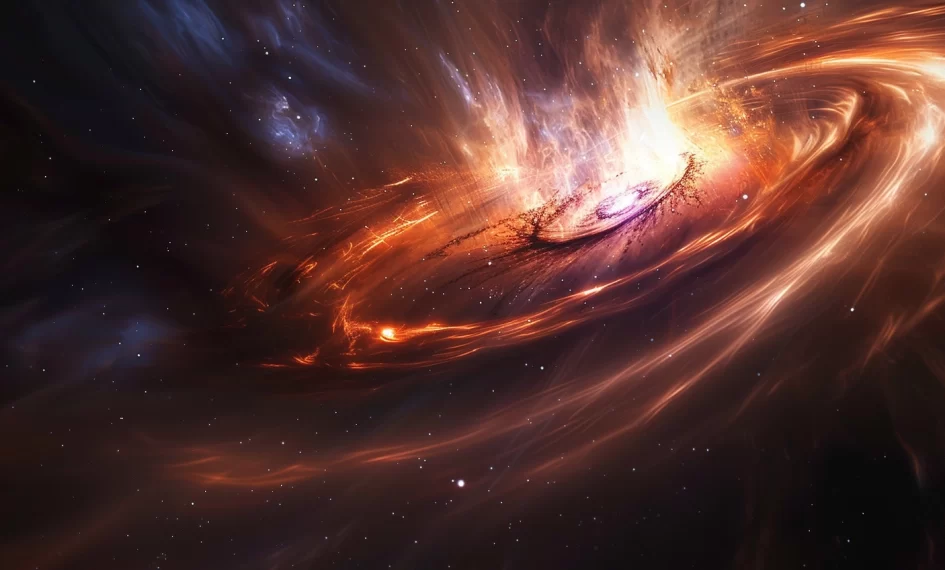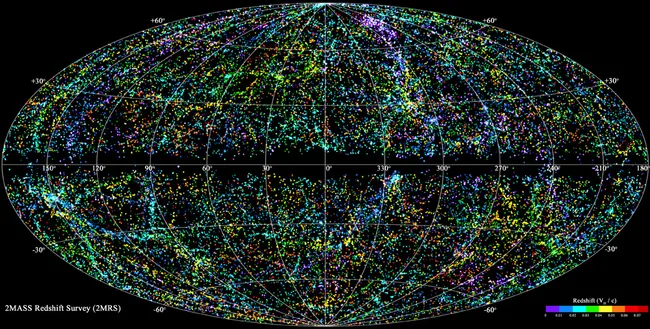Definition:
Astrophysics is a branch of astronomy that deals with the physical properties and processes of celestial bodies and the universe as a whole. It applies the principles and laws of physics to elucidate the nature of stars, planets, galaxies, black holes, and other celestial phenomena. This scientific discipline seeks to understand the origins, evolution, and ultimate fate of the universe, encompassing topics such as cosmic radiation, the mechanics of celestial bodies, stellar evolution, and cosmology.
Etymology & Origin:
The term “astrophysics” originates from the Greek words “astron,” meaning “star,” and “physika,” meaning “natural things.” Physics, from “physika,” is the study of matter, energy, and the fundamental forces of nature. Thus, astrophysics literally translates to “the physics of the stars,” reflecting its focus on applying the laws of physics to celestial phenomena. The field emerged in the 19th century as scientists began to use spectroscopy and other new techniques to analyze the composition and properties of stars and other distant objects.
Examples:
- Studying the Life Cycle of Stars: Astrophysicists explore how stars are born from interstellar gas clouds, evolve through nuclear fusion, and end their lives as white dwarfs, neutron stars, or black holes.
- Exploring Exoplanets: The search for planets beyond our solar system (exoplanets) involves understanding their orbits, compositions, and potential to harbor life.
- Cosmology: This subfield of astrophysics addresses the universe’s large-scale structure, its origin from the Big Bang, and its ongoing expansion.
- Dark Matter and Dark Energy: Astrophysicists investigate these mysterious components, which constitute most of the universe’s mass-energy content but do not emit light or radiation detectable by current instruments.



